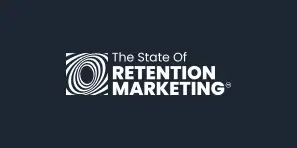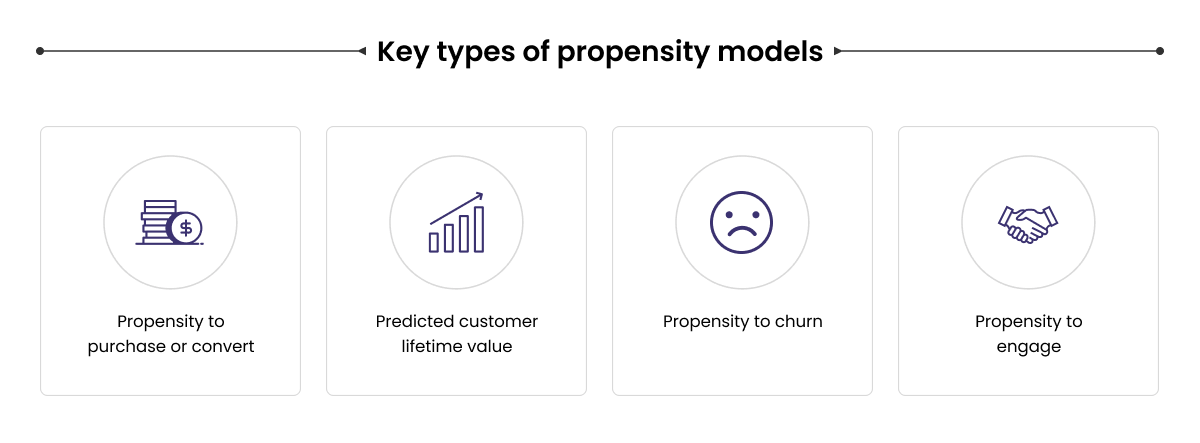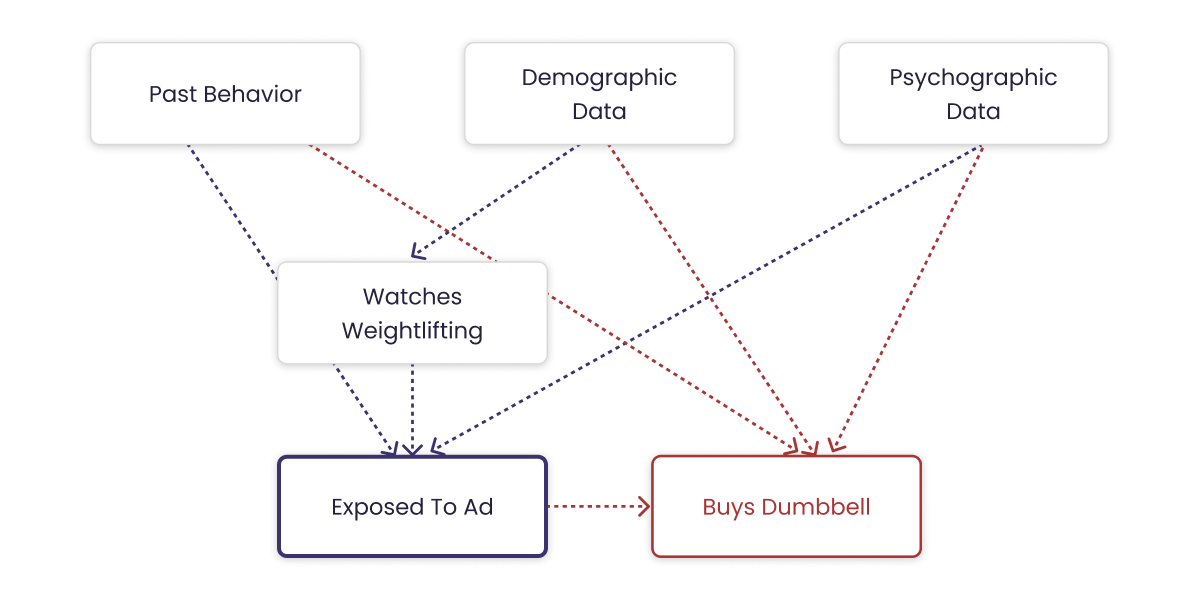Marketing once was being at the ‘right place at the right time.’ In today’s world, with users expecting memorable experiences from all the brands they engage with, the phrase has turned to ‘right message at the right time.’
What is a Propensity Score?
As businesses become more data-driven, the focus on delivering hyper-personalized customer experiences grows, making it easy for customers to find what they want. Easy and personalized discovery leads to conversions and revenue, an end goal every business is chasing.
But how can businesses forecast customer behavior to deliver unique experiences? This is where the propensity score comes in. A propensity score is a statistical approach to data analysis that predicts future actions. This method takes your data beyond what has happened and uses it to predict what will most probably occur in the future. A probabilistic estimate that your customer will perform specific actions is called a propensity score.
Based on the data and predictions you make with propensity score, you will serve relevant content, discount offers, and recommendations to all your customers, leading to better conversion rates. Hence, with propensity score matching, you can move away from the traditional ‘spray and pray’ or ‘one-size-fits-all’ form of user communication and work towards creating hyper-personalized experiences.
Why is propensity score modeling important for your business?
As mentioned above, propensity score matching is a new way of predicting marketing decisions. This process will allow you to identify your high-value customers with the highest likelihood of taking specific actions like conversion, responses, and email opens or who are the customers who are more likely to pick up a phone and connect with you.
Propensity score matching finds the right person for you based on your data set and various statistics. As the next part of your action, you will always send your relevant marketing materials to the ideal type of person based on multiple data points in your system. This way, you eliminate the guesswork and avoid wasting your marketing dollars on a project that may not work.
How does a propensity score model work?
Propensity scores are computed using logistic regression, with group status regressed on observed baseline characteristics, including data points like age, gender, and behaviors of relevance to the research at hand. While you don’t need to be a data scientist or mathematician to use propensity scoring for your business, it helps to understand regression analysis. You can also build your propensity scores with probit analysis, tree-based methods, discriminant analysis, and other techniques available.
Regression analysis is a predictive modeling technique that analyses the relationship between a dependent variable and other independent variables. Two types of regression analysis are used for propensity modeling in machine learning (ML): linear regression and logistic regression.
In your marketing applications, A/B testing and experimentation will allow you to validate the accuracy of your propensity scores and help you understand how to improve the model for your specific requirements. Your propensity model should be dynamic, so it retrains and continuously evolves based on the feedback loop created by the data pipeline. As more data becomes available, the model should change to become more intelligent and accurate based on the underlying trends in the data.
Your propensity model also has to be scalable. Instead of building a new model for each campaign or use case, a practical, scalable model should produce large volumes of predictions and be adaptable for similar scenarios across your business.
Summary
Today, businesses have measures and tools that can help them accelerate their efforts to give their customers a unique, memorable experience, so they stick to their brand and keep coming back. When deployed successfully for your business, a good propensity model can help you elevate your business.








































